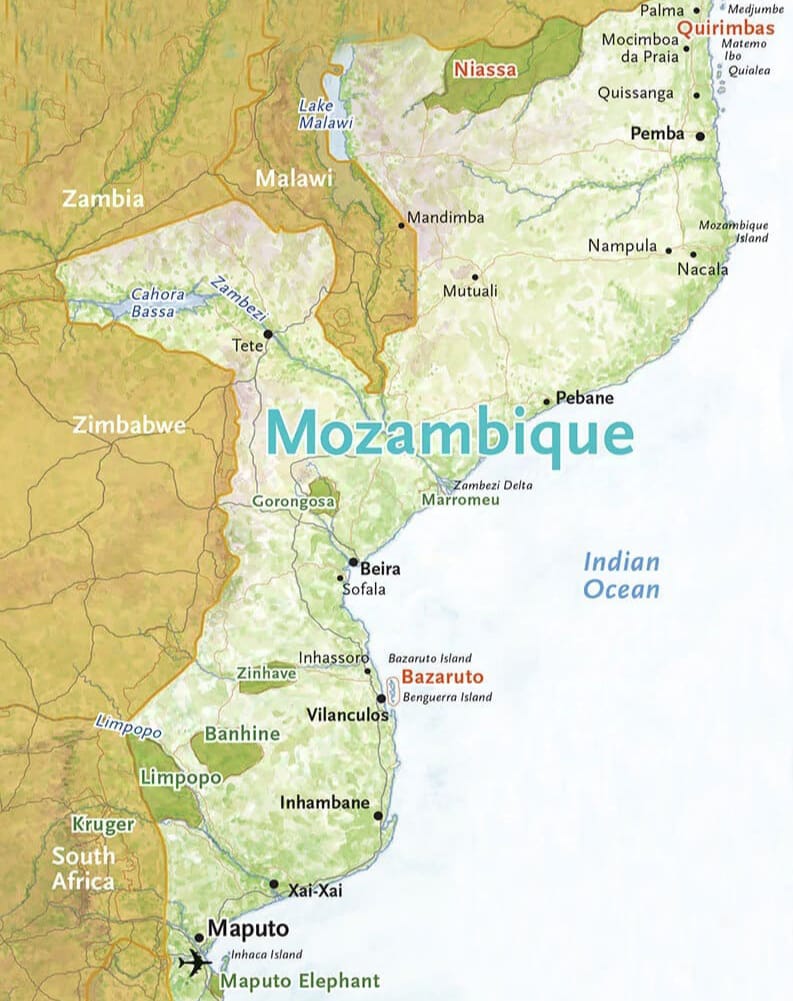Ballot counting after tense but calm general elections in Mozambique got off to a slow start Thursday, with an opposition leader already claiming outright victory over the Frelimo party in power since independence from Portugal 49 years ago.
More than 17 million people were called to vote on Wednesday for a new president and parliamentarians in the southern African country, which is one of the poorest in the world despite its vast gas deposits.
Even though results are only expected in two weeks, one of the leading contenders in the race to replace outgoing President Filipe Nyusi already claimed to have won.
“This morning, we have to declare our victory at national level,” the charismatic Venancio Mondlane, 50, said on Facebook.
- Hardship: It’s time to review your policies, PDP BoT tells Tinubu
- Plus Wallet Redefines Crypto Management with its Fast Listings & Rewards System While WallitIQ & Token Unlocks Shake Up The Market
“We have to be on the streets, we have to declare our victory,” said Mondlane, who has a strong following among young voters.
He did not provide evidence of electoral malpractice, however, and no demonstrations were reported by late afternoon.
With less than five per cent of votes counted, an observatory that claims to be independent but was set up by Frelimo supporters said that the party in power for 49 years was again in the lead.
Many voters said they wanted change in the country, which is still haunted by a 1976-1992 civil war between Frelimo and Renamo, now the main opposition party.
But analysts said Frelimo was likely to maintain power and put its relatively unknown and inexperienced candidate Daniel Chapo, 47, in the presidential seat.
There were widespread claims of fraud in favour of Frelimo after the 2019 presidential elections and 2023 municipal vote, which resulted in clashes with several people killed.
Early and unverified tallies on social networks also claimed to show success for Frelimo and Mondlane.
“But what matters are not the trends from the poll but what the electoral commission will say,” said researcher Borges Nhamirre from the Institute for Security Studies based in South Africa.

 Join Daily Trust WhatsApp Community For Quick Access To News and Happenings Around You.
Join Daily Trust WhatsApp Community For Quick Access To News and Happenings Around You.